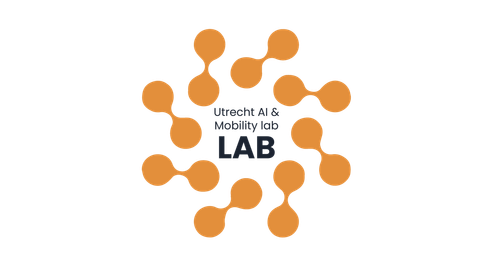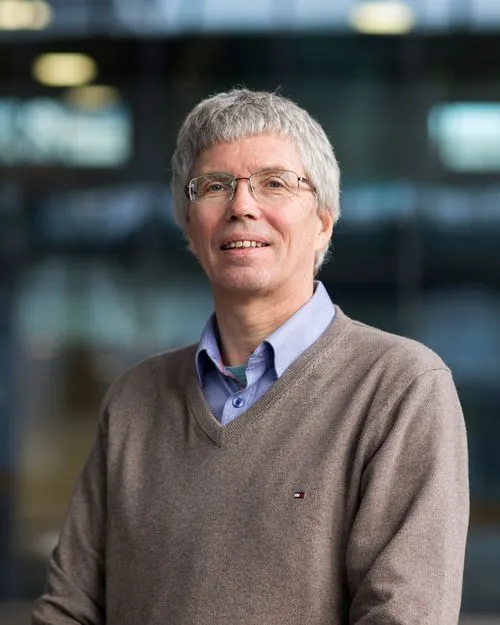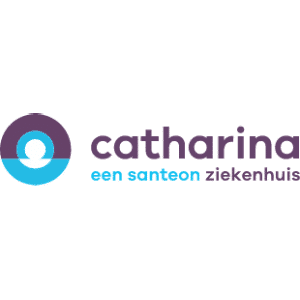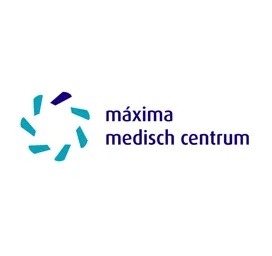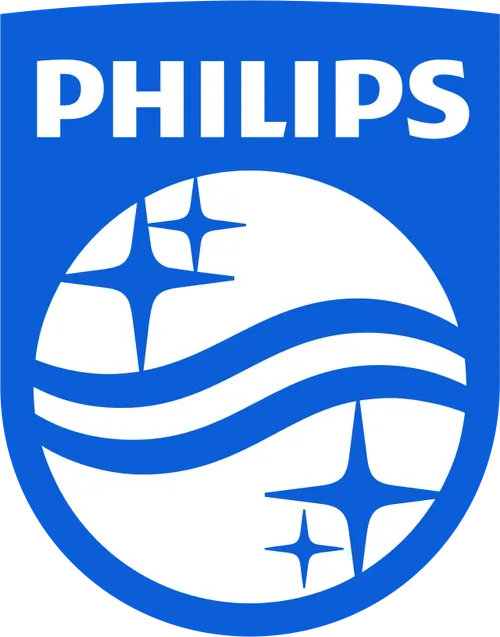Many of the e/MTIC researchers are currently working on and implementing analysis techniques and (prediction) algorithms for improved (patient) monitoring and diagnosis and to help optimize individual treatment strategies in collaboration with many medical specialists. Due to the many complexity and heterogeneities in medical data, these approaches and other innovations will be further developed, implemented and automated through projects in e/MTIC. The research focus is on robustness and improved stability of algorithms and methods. In the e/MTIC ICAI lab, AI will be mainly used for the following application areas:
Imaging: Strongly enhanced Ultrasound, MRI and CT imaging by embedding task-adaptive AI across the imaging chain.
Patient monitoring: Strongly enhanced monitoring of vital signs both in clinical and in extramural settings.
Clinical decision support systems: Use AI to combine various data streams (e.g. EMR, images, spot checks) to produce explainable and patient-specific advice, early warning and alarms.
Project examples
Spectralligence: Machine Learning for Spectroscopy Applications.
Within the Spectralligence project, we are unleashing the power of artificial intelligence for cross-domain spectroscopic applications. By developing neural networks that can be applied across multiple domains, we’re reducing the need for human intervention and taking spectroscopy to new heights.
Artificial Intelligence in Percutaneous Coronary Interventions
Artificial Intelligence (AI) has the potential to benefit Percutaneous Coronary Interventions (PCI) procedures. This project focuses on enhancing PCI procedures, both in terms of clinical support and operational efficiency and workflow. We develop methods utilising varying data modalities and state-of-the-art 3D reconstruction techniques, directly tailored to the clinical workflow.
Early prediction and detection of perinatal complications
This project is a close collaboration between the MMC and the TU/e to develop new methods for the objective detection of fetal movement and the early and adequate prediction of imminent preterm birth.
Deep Generative Learning for Uncertainty Estimation in Sleep Staging
Sleep staging is a time-series classification task in which the ground truth is uncertain, as it there is inter-rater disagreement between human scorers. We have developed an automatic scoring algorithm that can reflect this uncertainty by leveraging deep generative networks.
Advancing Cardiac Care through Interpretable AI (ACACIA)
Early detection of patient deterioration and streamlining of large data flows are high-impact areas in the ICU to improve patient outcomes and workflow. ACACIA aims to develop decision support systems using non-invasive advanced monitoring for personalised hemodynamic therapy in the ICU.
Artificial Intelligence in Percutaneous Coronary Interventions (PCI)
AI has the potential to enhance PCI procedures performed in the CathLab in two areas: 1) Clinical support, 2) Operational efficiency and workflow. This project seeks to develop strongly improved AI approaches for accurate evaluation of the coronary vessel tree in X-ray angiographic images, as a basis for improved decision making in PCI. For example, as Clinical support for the right sizing and deployment of stents. To increase Operational efficiency, it targets automation of the case reporting by jointly identify the elements and deduce information from the data-rich environment.
Risk Stratification and Screening in Early Pregnancy
This project seeks to multi-parametric model-based AI approaches to stratify and predict the risks of gestational diabetes mellitus and pregnancy-induced hypertensive disorders in early pregnancy based on EMR, personal, behavioural and social-economic data. To this end it will aggregate data from multiple sources with physiological cardiovascular models and statistical models, usingAI to identify foetuses at risk during high-risk pregnancies. (un)complicated labour and delivery.
For more project informationhttps://www.tue.nl/onderzoek/research-groups/eaisi/eaisi-business-operations/eindhoven-medtech-innovation-center/emtic-ai-lab/emtic-ai-projects
